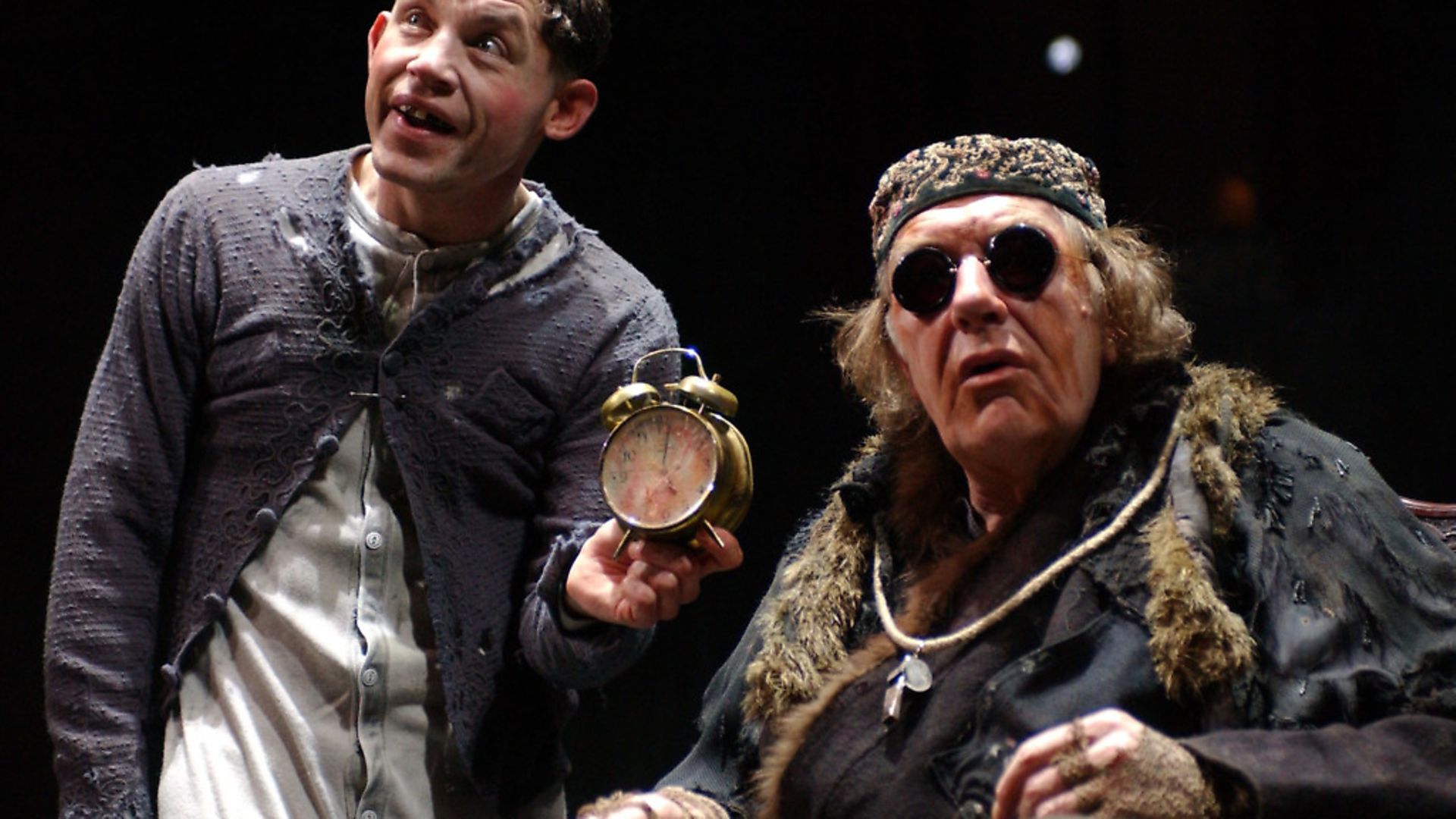
WILL SELF on theatre’s potential curtain call after a real-life tragedy.
A young friend who has the acute misfortune to be an impresario sends me a link to a piece on the Spectator website about ‘guerrilla’ plays. Not to be outflanked by drug-fuelled ravers during the lockdowns, sedate playgoers are also being drawn into a crepuscular realm of secret rendezvous, blindfolded mystery tours and clandestine performances. Round my way the police seem mostly taken up, still, with their time-honoured shtick called Stop-and-Search on the Basis of Racial Profiling, but who knows – maybe they’ll crack down on these illegal theatrics, on the basis that their casting (unlike the Met’s) is too colour-blind.
And that would be a mistake – because the last time I looked British theatre audiences were still, for the most part, as white as the driven. Indeed, much of what’s always put me off theatre as an art form is precisely this: the audience are usually far better performers than those ostensibly treading the boards. And why wouldn’t they be, given they are for the most part typecast: well-educated middle class white people, playing the part of well-educated middle class white people. Whereas the poor puppets up there treading the boards are usually woefully miscast. How many times have I wanted to cry out to this Troilus or that Cressida: ‘You aren’t Trojan nobles! You’re well-educated middle class white people pretending!’
I’m by no means as bad as Martin Amis, who once confided to me that he regarded Shakespeare’s having been a dramatist at all as a sort of cosmic solecism – but that being noted, as the years have passed I’ve found it increasingly difficult to sit through plays at all, so unable am I to suspend disbelief in what’s happening on the stage, as opposed to in the stalls. Indeed, the last theatrical performances I enjoyed at all were ones where the audience did indeed take on the principal role. A West End production of Beckett’s Endgame, starring Michael Gambon as Hamm and Lee Evans as Clov, attracted an audience on the basis of the latter’s fame as a rubberneck comic turn. To begin with they roared with laughter as Evans silly-walked about the stage (and the playwright himself had wanted a physical comedian for the part); but as the piece’s intense ambience of alienation began to take hold their merriment stuttered to a halt – if it wasn’t a one-act play, I suspect many would’ve quit the theatre in the interval.
And then there was production of Ibsen’s Hedda Gabler I went to the day after the July 7, 2005 terrorist bombings in London. My then wife was an avid theatre goer, and she was damned if she was going to miss out – so we walked into the West End against the flow of commuters, who, with the underground shut and the buses not running, were promenading home.
Ibsen’s play does indeed feature the proverbial pistol in the first act – the one which Chekov, contemporaneously asserted, should not be there at the outset of the play, unless it’s going to be fired. As it was, with the house virtually deserted, I kept darting looks around the darkened auditorium – and noticed that the few playgoers present were doing the same.
It was clear that far from being transported to fin de siécle Norway, we were all wondering whether besides the proverbial pistol on the table onstage, there was also a backpack full of explosives in the dress circle, primed to go off before the curtain finally fell. Then, during the interval, we went for a drink in the crush bar – and standing on the balcony outside sipping them, we had a superb view down St Martin’s Lane to a void Trafalgar Square, over which hung a huge, orange sun – which may’ve been a pathetic fallacy, but was also the minatory truth.
Have your say
Send your letters for publication to The New European by emailing letters@theneweuropean.co.uk and pick up an edition each Thursday for more comment and analysis. Find your nearest stockist here or subscribe to a print or digital edition for just £13. You can also join our readers' Facebook group to keep the discussion and debate going with thousands of fellow pro-Europeans.
Why? Well, Montaigne said: Mistrust a man who takes games too seriously, it means he doesn’t take life seriously enough – and by the same token, we should worry about a culture that suspends disbelief too readily in amusing plays, since it probably means we can’t apprehend the very seriousness of the reality we’re caught up in. The pandemic has returned us to that reality: one in which life is precarious and the future uncertain. Under such circumstances even Lee Evans’s fans might experience his gyrations as evidence of the Beckettian meaninglessness of our own go-round. While as for Troilus and Cressida, some critics have said of this – one of Shakespeare’s so-called ‘problem plays’ – that it’s a sort of ‘meta-tragedy’: a peculiarly modern piece, that foregrounds the impossibility, in our own era, of us experiencing true tragedy; if for this, is required a full apprehension of the inexorability of our fates.
If so, come the autumn, and with British theatres still shut, I suspect it won’t be appearing in any guerrilla impresario’s repertoire – for by then the full impact of what is indisputably a real tragedy will be begun to be felt and all of our performances – whether onstage or off – will be manifesting far, far greater authenticity.










